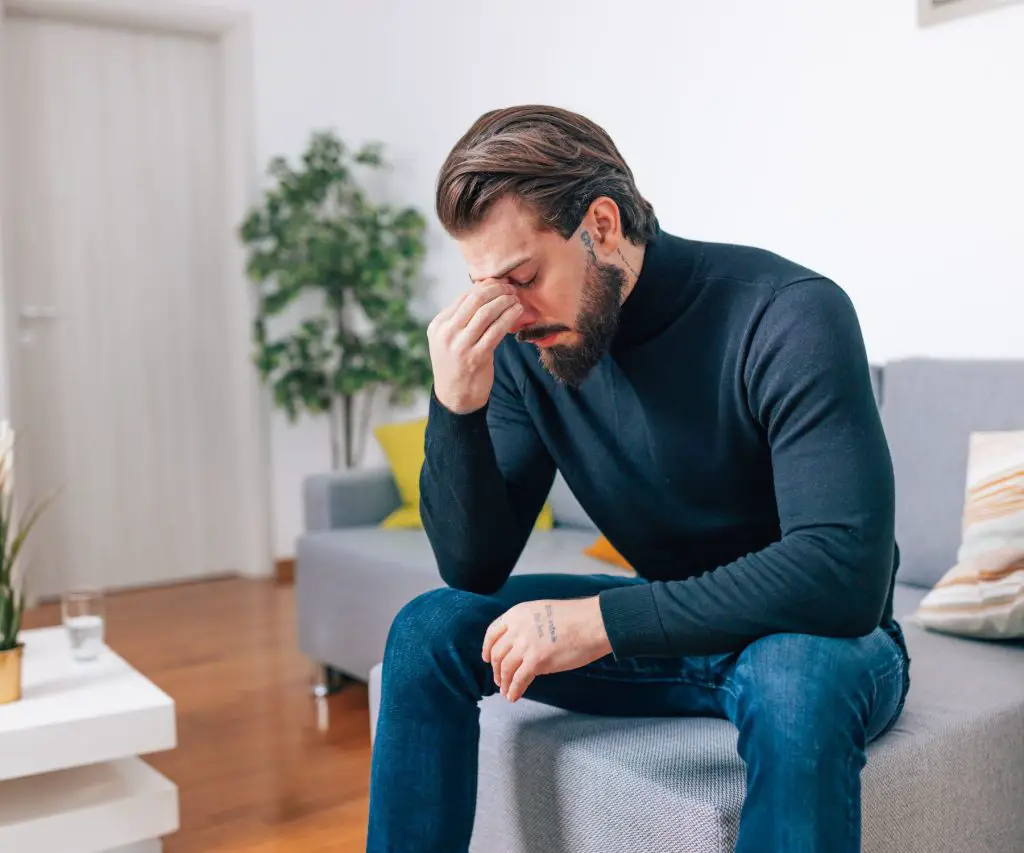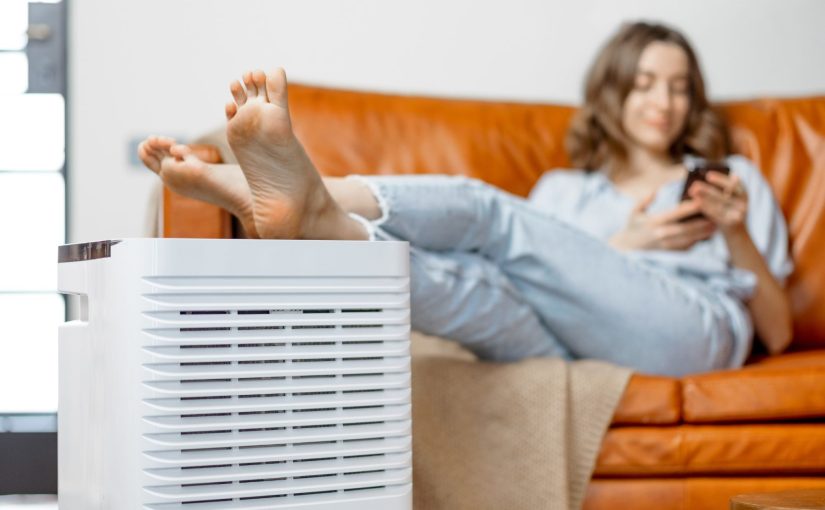Table of Contents
Can a dehumidifier dehydrate you? Everything you need to know
Using a dehumidifier can potentially lead to dehydration if the humidity levels in your home become too low. Here’s what you need to know about dehumidifiers and dehydration.
How dehumidifiers work
Dehumidifiers remove moisture from the air by pulling air through an evaporator coil, which condenses the moisture into water that collects in a tank. The dehumidified air is then released back into the room at a lower humidity level.
Ideal humidity levels
The ideal indoor humidity range for health and comfort is generally between 30-50%. Below 30%, the air becomes too dry and can lead to dehydration symptoms like dry skin, sinus irritation, itchy eyes, and more.
Risk of dehydration
Using a dehumidifier reduces humidity, so there is a risk of dehydration if the humidity drops too low. Factors that increase dehydration risk include:
- Running a dehumidifier continuously or at very high settings
- Using a dehumidifier in a small, enclosed space
- Failing to drink enough water daily
- Certain health conditions like asthma or allergies
 Preventing dehydration
Preventing dehydration
To avoid dehydration from a dehumidifier:
- Use a hygrometer to monitor humidity and keep levels between 30-50%
- Run the dehumidifier only when needed to control humidity
- Drink plenty of water throughout the day
- Use a humidifier to add moisture back if needed
- Treat any medical conditions contributing to dehydration
Signs of dehydration
Watch for these signs that humidity may be too low:
- Thirst
- Fatigue
- Dry skin or irritated sinuses
- Headaches
- Dizziness
- Dark yellow urine
If you experience these, turn off the dehumidifier and drink plenty of water. Add moisture back into the air with a humidifier if needed.
FAQ
Is it bad to run a dehumidifier all the time?
Yes, running a dehumidifier continuously can lower humidity too much and lead to dehydration symptoms. It’s best to use a hygrometer and only run it as needed to control humidity.
What humidity level is too low?
Indoor humidity below 30% is generally considered too low. At this level, dehydration symptoms may occur.
Do dehumidifiers dry out your skin?
Yes, very dry air from a dehumidifier can cause dry, itchy skin. Keeping humidity between 30-50% helps prevent this.
Can dehumidifiers cause sinus problems?
Low humidity can irritate sinuses and worsen sinus symptoms. Use a hygrometer to keep humidity above 30% to help prevent sinus irritation.
Should you run a humidifier and dehumidifier at the same time?
You can, but take care not to over-humidify or over-dehumidify. Monitor humidity levels and adjust each appliance as needed.
What is the ideal humidity for sleeping?
The ideal sleeping humidity is 30-50%. Too dry and it can affect sleep quality and health.
Can dehydration cause anxiety?
Yes, dehydration can cause anxiety symptoms like increased heart rate, dizziness, and restlessness. Be sure to stay hydrated.
The bottom line
Dehumidifiers can potentially lead to dehydration if humidity drops too low. Monitor levels with a hygrometer and drink plenty of fluids to stay hydrated. Adjust dehumidifier settings and use a humidifier as needed to keep humidity within a comfortable 30-50%.
Learn more about ideal humidity levels from the EPA.





